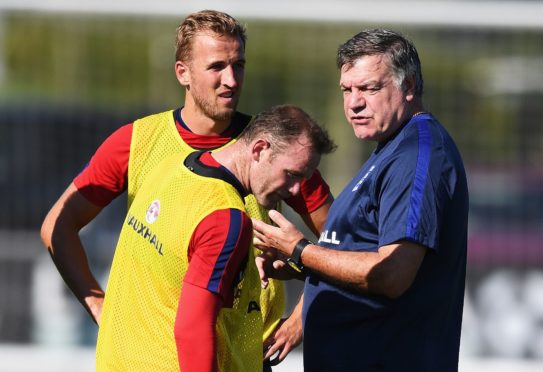
The Premier League is coming back, with teams getting the chance to dig themselves out of a hole.
Those who show the determination I did as a teenager will reap the benefits.
I had to fight back from a problem that came from falling down a physical hole.
Sides near the bottom of the table are trying to get themselves out of a metaphorical one, but it can also have long-term consequences.
I think we know how the top of the table is going to pan out over the last nine games of the season.
Only a collapse like we’ve never seen before will stop Liverpool from being crowned champions.
It will be a well-deserved success, but I’m really intrigued by the battle to avoid the drop.
Players will come out of cold storage to try to keep their club in the top flight.
This isn’t just about ability, as important as that is. It also has a lot to do with mental strength.
Hope can quickly evaporate when you’re losing every week.
Back in 1976, it seemed my career was in danger of going down the pan before it had really started.
I had a cartilage removed from my right knee when I was just 17.
There were a number of similar injuries among the young players at Ipswich Town and we put it down to the shuttle runs we did in training – “doggies” we called them.
We used to jump in and out of these holes, springing up as we ran in the opposite direction.
I’m sure that caused my problem.
The operation I required could have halted the progress I was making as a young player.
But it was successful and it made me even more determined to make it as a professional.
I had a second chance, and I was damn sure I was going to take it.
The teams in the Premier League relegation places – Norwich City, Aston Villa and Bournemouth – have been given an unexpected opportunity to prove they’re good enough to stay up.
To do that, sides like Daniel Farke’s Norwich need clean sheets.
I expect the break to cause some surprise results.
We’ll see some players toiling to recapture their form, and others might find it very strange playing behind closed doors.
My only experience of games without fans was when I started out in the Football Combination.
Those reserve games were a bit strange. You could hear every shout and you didn’t get the energy that comes from a big crowd.
I always told myself I was playing for a contract and a successful future.
We were motivated by the chance to win honours and make some decent money.
The financial element doesn’t matter so much to modern players. Most of them are already millionaires.
That’s why managers will have to work so hard to get inside their heads.
Sam Allardyce was one of the first managers to use the sports psychologist.
He knew everything must be positive.
And for matches behind closed doors, you can’t have your players thinking games don’t matter or that a lack of atmosphere will somehow have an adverse effect on the team.
Aston Villa can lay down a marker when they play the first game on Wednesday.
If they can beat Sheffield United, they’ll jump out of the bottom three.
Staying out of the relegation zone will still be difficult, but making that leap after the first 90 minutes for three months would be huge.
We’ll then witness the biggest test of character we’ve ever seen players face over a short series of matches.
It will be tight and tense for the clubs involved. Neutrals will hopefully be in for a real treat.
I know very well that bigger issues than football are going on at the moment.
But the return of live games to our television screens will be a real tonic for many supporters.
Some people can handle this lockdown, and others can’t.
I know there are folk out there struggling because they just don’t know what to do with themselves.
We often dwell on the negative aspects of football and forget it brings so much pleasure to so many,
I can’t wait for the action to start.

Enjoy the convenience of having The Sunday Post delivered as a digital ePaper straight to your smartphone, tablet or computer.
Subscribe for only £5.49 a month and enjoy all the benefits of the printed paper as a digital replica.
Subscribe